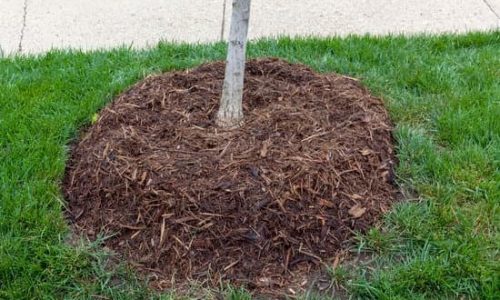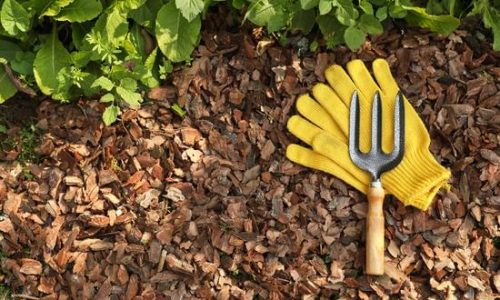

Mulching is a simple yet effective gardening practice that can provide numerous benefits for your garden and lawn. By understanding the different types of mulch, application tips, and the benefits of using mulch in various gardening scenarios, you can maximize its potential and create a healthy and vibrant outdoor space.
